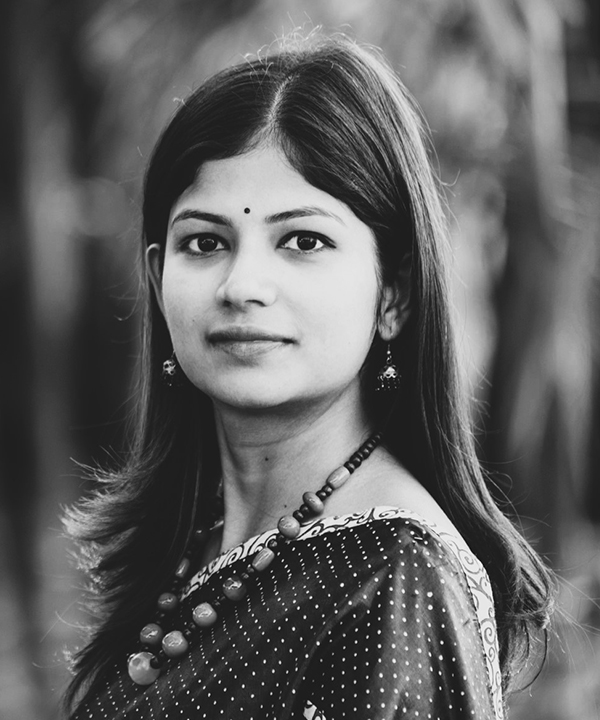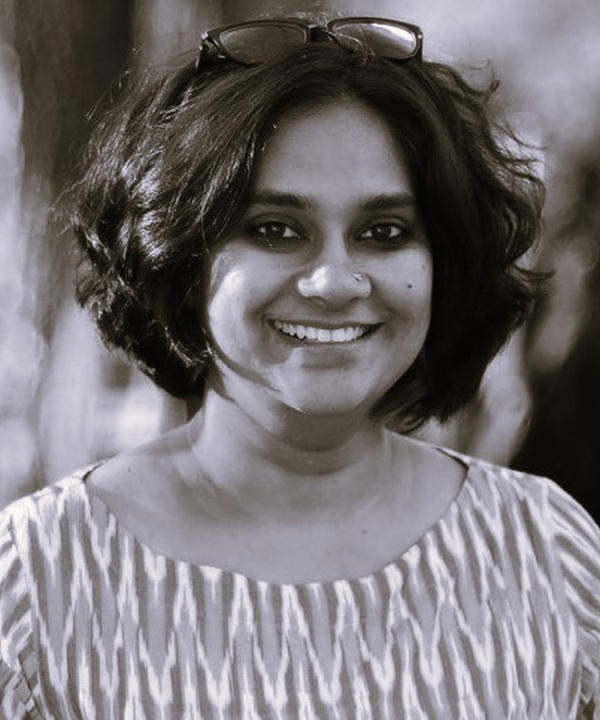
Rupal Kulkarni

Divya Ravindranath
The Team
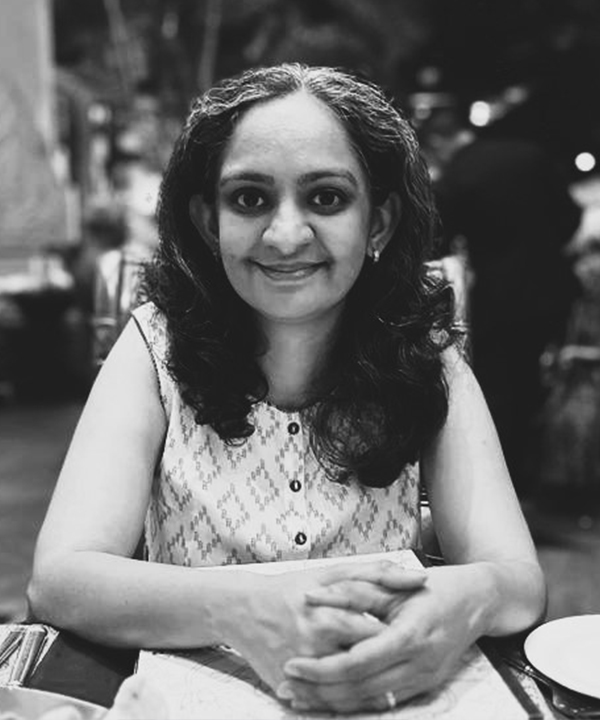
Divya has long years of experience in policy analysis, advocacy and research, non-profit strategy, management and fund-raising. Building on her experience in direct grassroots action in establishing and managing worker centres in high migration geographies, she has published widely on issues related to migration and informality in various academic and popular platforms. She has also made representations on the issue in several national and international fora, including at the Niti Ayog where she was a member of the sub-committee on labour migration. Divya is a recipient of many prestigious fellowships including the Fulbright- Nehru Fellowship for Leadership Development and the Joint- Japan World Bank Scholarship. She holds a Master's Degree in Public Administration from the Harvard Kennedy School of Government and a Masters from the Institute of Rural Management, Anand.
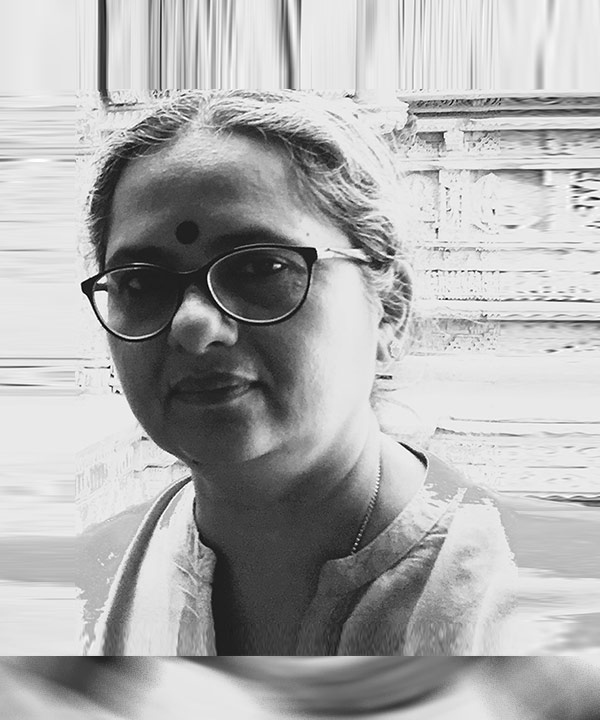
Tara is a prolific researcher with decades of work across various domains including livelihoods and labour, rural finance, and gender. Having completed MPhil and PhD in Applied Economics and Economics, respectively, from the Centre for Development Studies, Trivandrum (Jawaharlal Nehru University, New Delhi), Tara previously served as member of the faculty of the Gujarat Institute of Development Research (GIDR), Entrepreneurship Development Institute of India (EDII), Mudra Institute of Communications Ahmedabad (MICA) and Institute of Rural Management Anand (IRMA). She also headed research at the Friends of Women’s World Banking (India). She was a visiting scholar at the Fondation Maison des Sciences de l’homme, Paris; Media Management and Transformation Centre, Jonkoping International Business School, Jonkoping University, Sweden; and the University of Illinois, Urbana Champaign, USA.

Geeta Thatra is a Historian and Gender Studies scholar. Her research interests include histories of migration and displacement, land and property, caste, gender, and labour, with an urban focus and interdisciplinary approach. Her doctoral thesis explored the making of Bombay in the aftermath of the 1947 Partition and the politics of refugee rehabilitation. Geeta was previously a Gender Consultant at the IIT Delhi. She has served as a Guest Editor at the esteemed journal The Book Review. Beyond academia, Geeta has contributed to grassroots housing rights, women’s rights, and student movements. She is on the board of an autonomous feminist organisation and was a student Executive Committee member of the Indian Association of Women’s Studies (IAWS). Notable accolades include the Inlaks Research and Travel Grant, Urban Aspirations in Global Cities Fellowship, and the Fredskorpset Youth Cultural Exchange Scholarship. Geeta earned her PhD in History from the Jawaharlal Nehru University, New Delhi, an MPhil in Social Sciences from the Centre for Studies in Social Sciences Calcutta, and an MA in Women’s Studies from the Tata Institute of Social Sciences, Mumbai.
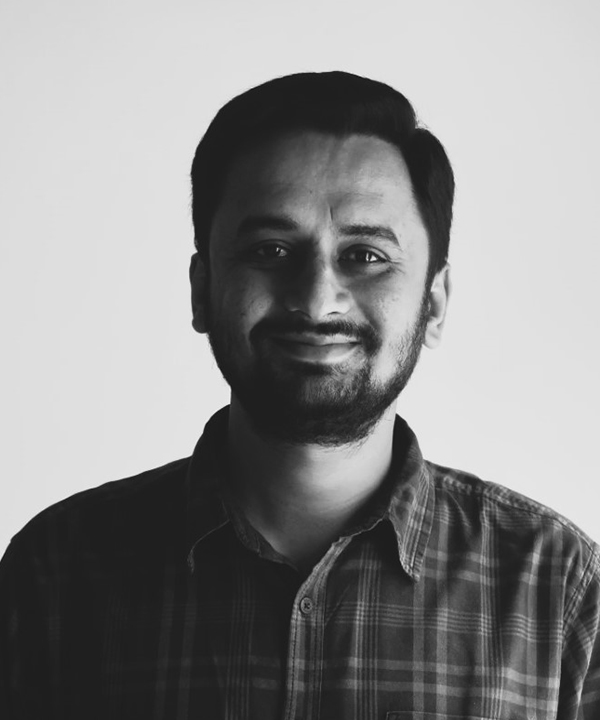
Nisarg has worked on diverse thematic areas such as institution and capacity-building, financial inclusion, health, sanitation, nutrition, and rural livelihood promotion. He leads the Social Compact initiative that seeks to ensuring greater dignity and equity for informal workers by building strategic partnerships with corporations, non-profits, and sector experts. Prior to working with Work Fair and Free, Nisarg has worked with development organisations such as JEEViKA (BRLPS) and Abdul Latif Jameel Poverty Action Lab (J-PAL) in different managerial and research capacities. He holds an MBA in Rural Management degree from XIMB, Bhubaneswar.
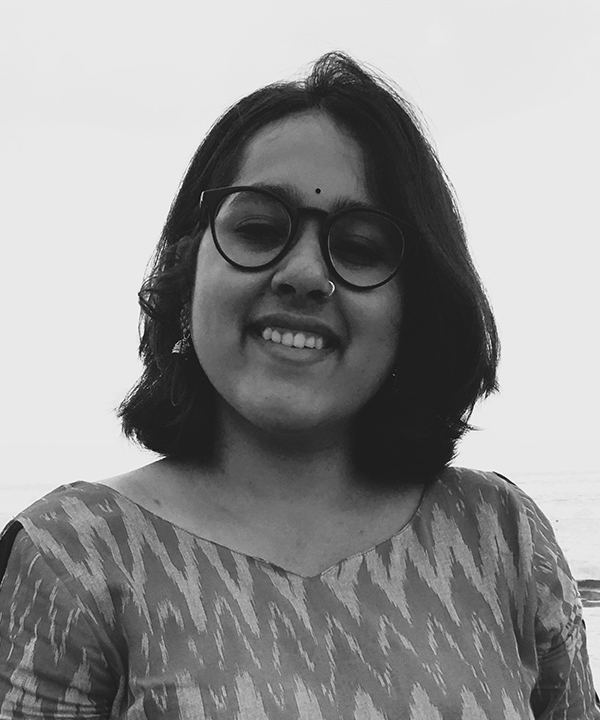
Niveditha undertakes research on issues such as informal work and housing arrangements, urban and labour governance, and gender-based vulnerabilities linked to migration. She has a Master's degree in Public Policy from National Law School of India University, and a Bachelor’s degree in Economics from Azim Premji University. For her Master’s thesis, she explored how urban employment guarantee models can be conceptualised and operationalised as an important policy tool for informal workers.
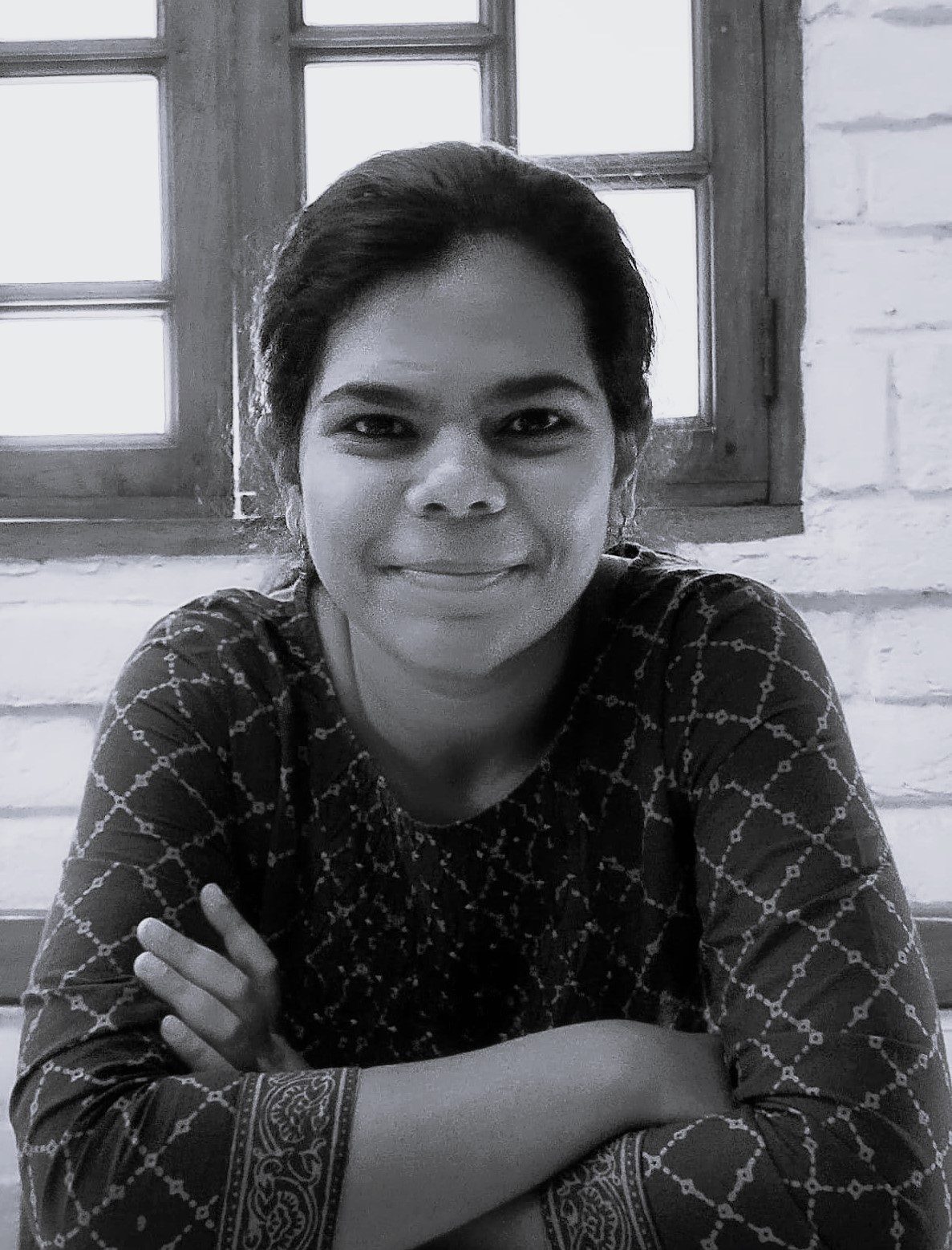
Ananya has pursued her Master’s in Women’s Studies from the Tata Institute of Social Sciences, Mumbai. Currently based out of Udaipur, she is working on research projects in Rajasthan and West Bengal focused on studying outmigration patterns, return migration, gaps in access to social security with a special focus on women, men and adolescent girls. She started her career with Indus Action on a project that sought to connect Building and Other Construction Workers in Delhi with social security entitlements.
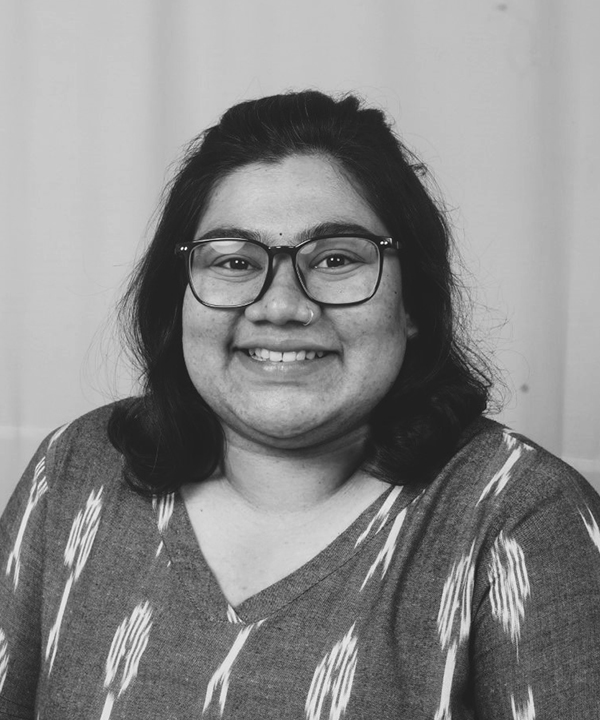
Bhakti primarily undertakes participatory research with informal workers cutting across diverse occupational sectors. Her research interests include wage dynamics, occupational safety and health and housing choices of informal sector workers. She has also been a part of the Social Compact initiative that seeks to ensure greater dignity for India’s large industry-employed workforce. She was previously associated with YUVA in Navi Mumbai. She has a Master’s degree in development from Azim Premji University and a Bachelors Degree in Social Work the College of Social work, Nirmala Niketan, Mumbai.
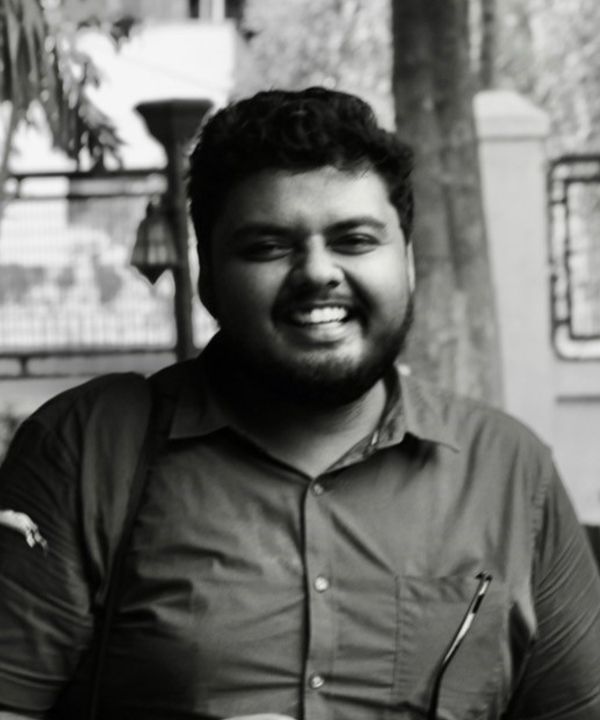
Anuraag primarily undertakes research on the migrant labour corridors in southern India, while also leading coordination of interface with critical stakeholders in the labour and migration ecosystem. His research interests include studying wages, wellbeing, and informality of labour through a historical paradigm, which he also explored during his Master’s degree in History from Ambedkar University in Delhi. He completed his bachelor’s degree in the same discipline from University of Delhi. He was previously associated with the Azim Premji Foundation.
The Board
